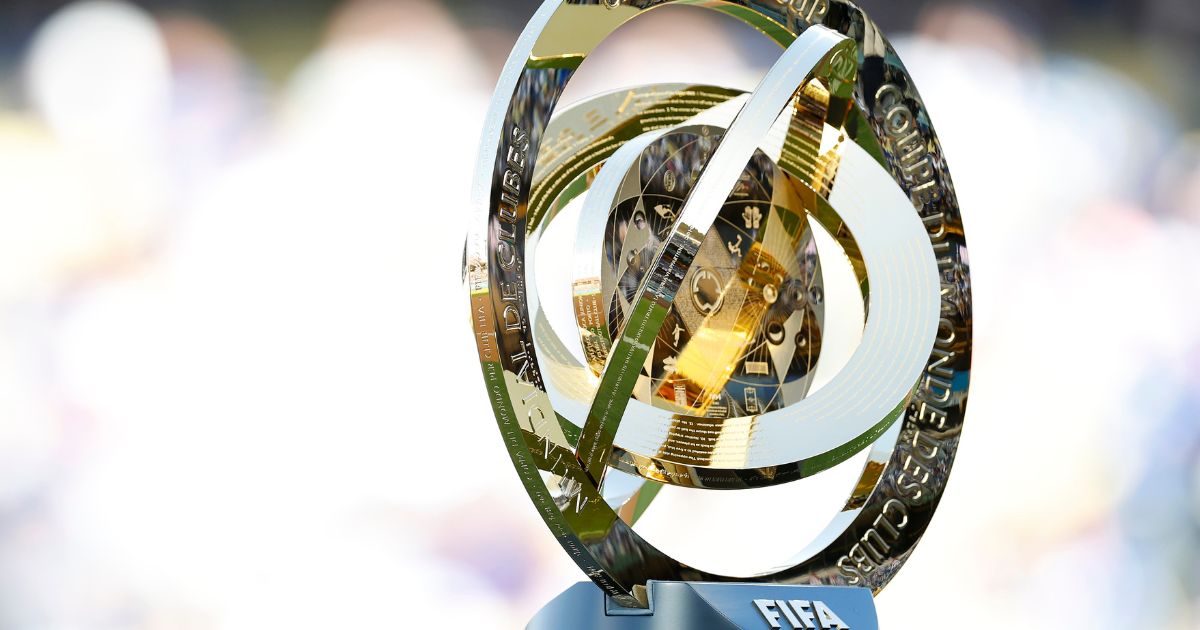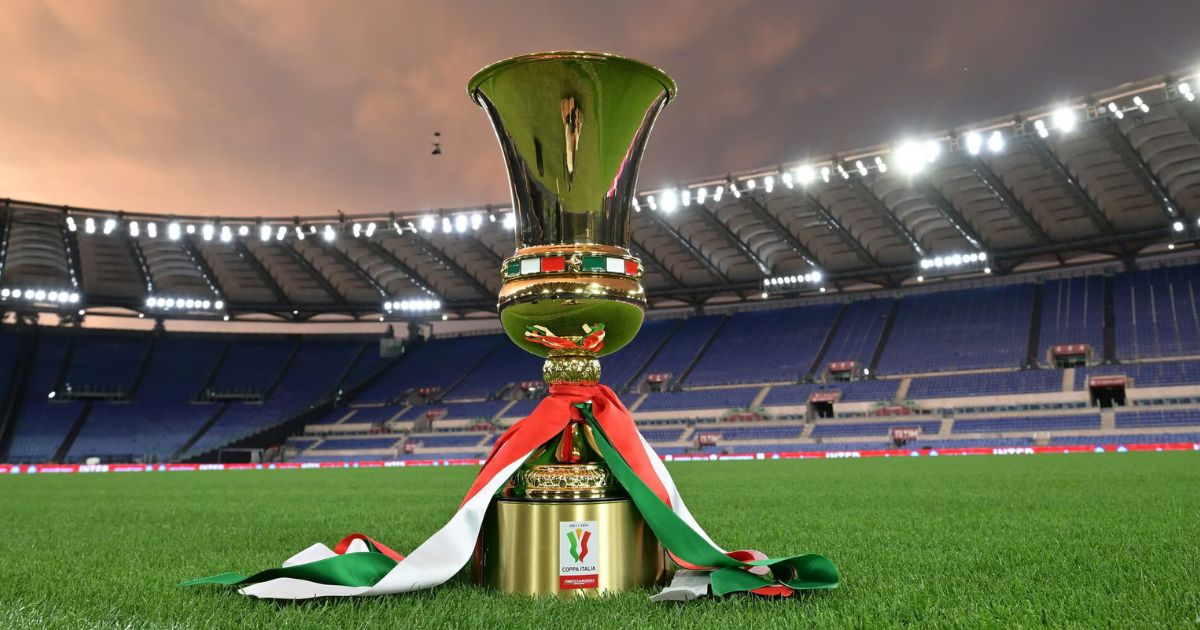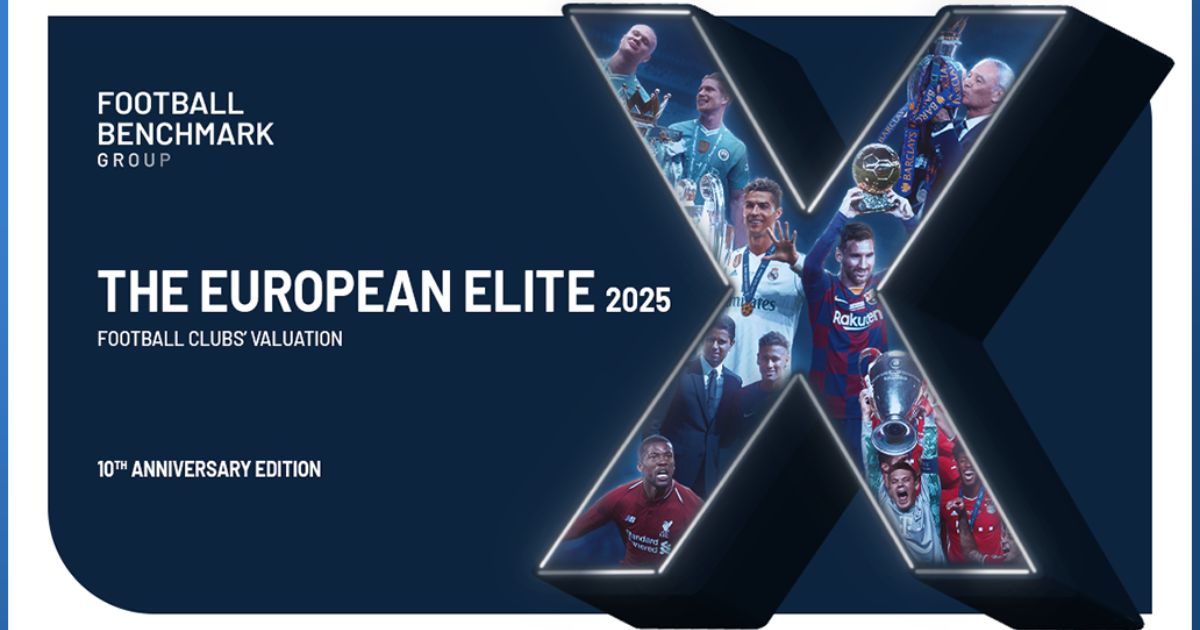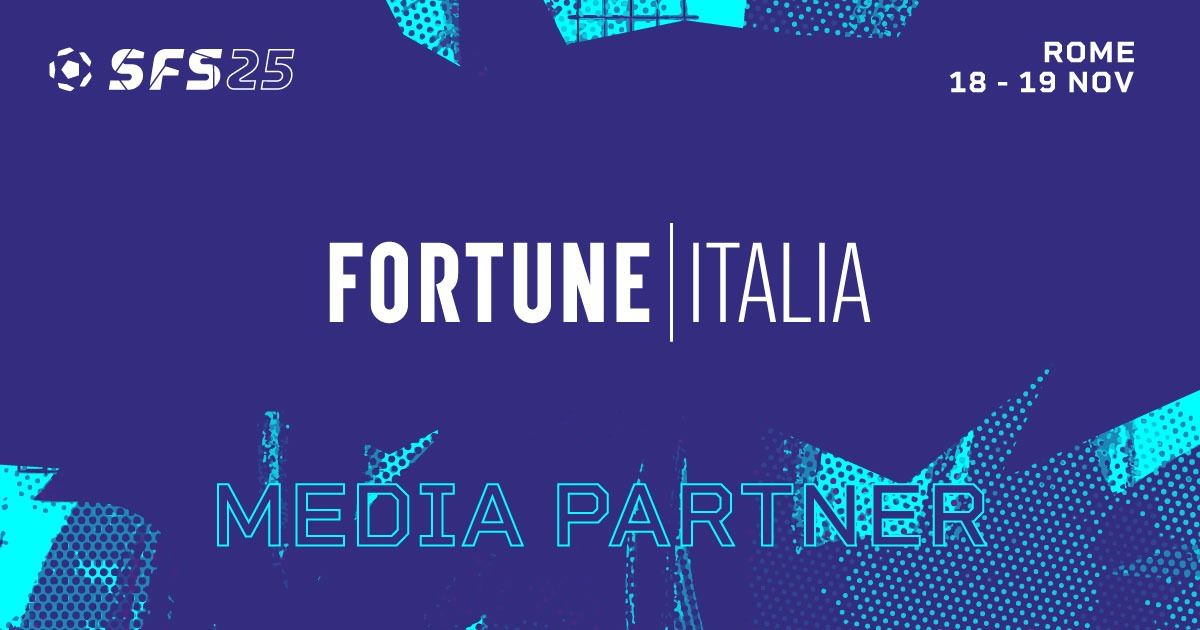Speaking on July 18 in Lucca will be Federico Cherubini, CEO of Parma, coach Alessio Dionisi, Carlalberto Ludi, Sporting Director of Como, Pasquale Sensibile, Coordinator Scouting Team of Paris Saint-Germain, Gianfilippo Valentini, Founder of Social Football Summit and Manuel Vellutini, CEO of Akeron
The world of soccer is increasingly influenced by data analytics, but what will be the future of soccer marketing? Can human intuition and algorithms be reconciled? These and other questions will be tried to be answered at a panel discussion sponsored by LEAP Sport Academy in collaboration with Akeron, scheduled for Friday, July 18, at Villa Bassotta, in Lucca.
The meeting titled “The soccer market: between human intuition and artificial intelligence” will feature discussions between managers, coaches and leading professionals from the Italian and international soccer scene. An opportunity to reflect on the increasingly central role of data, but also on the value of experience, intuition and human relationships in building a winning team.
Federico Cherubini, CEO of Parma, coach Alessio Dionisi, Carlalberto Ludi , Sporting Director of Como, Pasquale Sensibile, Coordinator Scouting Team of Paris Saint-Germain, Gianfilippo Valentini, Founder of Social Football Summit, and Manuel Vellutini, CEO of Akeron will talk about it.
Opening the meeting were greetings from Massimo Accornero and Gabriele Nicolella, Founder of LEAP Sport Academy and Manuel Vellutini himself, as host at the beautiful setting of Villa Bassotta.
At the end of the panel discussion, there will be space for a moment of dialogue with the audience and for the presentation of the “Improved by Learning” Award, promoted by Labor-B and in its first edition, which will be presented by Andrea Cantini, Business Development Manager of Labor-B S.p.A. Followed by a closing cocktail reception.
The event is free, with mandatory registration and limited seating. For information and registration: info@leapacademy.it

Soccer between human intuition and artificial intelligence: comparing visions in meeting sponsored by LEAP Sport Academy
Speaking on July 18 in Lucca will be Federico Cherubini, CEO of Parma, coach Alessio Dionisi, Carlalberto Ludi, Sporting Director of Como, Pasquale Sensibile, Coordinator Scouting Team of Paris Saint-Germain, Gianfilippo Valentini, Founder of Social Football Summit and Manuel Vellutini, CEO of Akeron The world of soccer is increasingly influenced by data analytics, but what will be the future of soccer marketing? Can human intuition and algorithms be reconciled? These and other questions will be tried to be answered at a
“The Football Biz Formula”: a new video podcast series exploring innovation in football and sports business
In partnership with BuzzMyVideos, SFS is proud to launch a brand-new editorial project: The Football Biz Formula. A video podcast series designed to spark informal yet insightful conversations around the innovation driving the future of the sports and football industry. Hosted by Paola Marinone, Founder of BuzzMyVideos, the show will feature high-profile guests sharing their perspectives, experiences and visions aligned with the mission of SFS - Social Football Summit: shaping the future of football, today. 📺 The podcast will be available on YouTube.🎙️ Stay tuned — The Future of Football
Sports Diplomacy and Soft Power: The FIFA Club World Cup as a Global Platform
Article written by Carlo Rombolà What does diplomacy have to do with sports—football in particular? A lot, especially at the highest levels. It is well known that major sporting events are opportunities for meetings, networking, and business. However, this has always been limited to the individual sphere, related to business and private relationships. But what if this concept were applied to nations instead of just businesspeople? In an increasingly interconnected world, sport has gradually taken on a central role in international diplomatic dynamics. Football,
YouTube and the Premier League: Turning Wins into Views
This is the first article in a reporting and analysis series on the YouTube performance of football properties, created in collaboration between SFS and BuzzMyVideos. In the first five months of 2025, the digital activity of Premier League clubs on YouTube has shown dynamics strongly influenced by sporting performances and seasonal events, with May confirming itself as a key month to understand the connection between on-field results and online visibility. At the top of the overall rankings is once again Liverpool, which has consistently led in both total views and new subscribers. In May alone, the Reds accounted for over 14%
THE 2025 COPPA ITALIA FINAL HIGHLIGHTS SUSTAINABILITY BEST PRACTICE
After the inaugural edition of the “Road to Zero” project in 2024, Lega Serie A, Sport e Salute, Roma Capitale and Roma Servizi per la Mobilità, with the support of UEFA, continued their commitment to sustainability during the 2024/2025 Frecciarossa Coppa Italia Final. The final hosted AC Milan and Bologna FC at the Stadio Olimpico in Rome on the 14th May 2025 and saw the implementation of several initiatives in alignment with last years’ “Road to Zero” ESG (Environmental, Social and Governance) framework. The “Road to Zero” ESG framework was
BuzzMyVideos joins SFS25 as Official Partner
The SFS is thrilled to announce its partnership with BuzzMyVideos, a global leader in digital video content strategy and YouTube growth optimisation.As part of the collaboration, BuzzMyVideos will play a key role in SFS25, contributing both on stage in dedicated panels and behind the scenes by developing original editorial formats, including insightful content on YouTube strategy, digital communication and multimedia storytelling in sport. This strategic partnership is a step forward in SFS’s mission to inspire and innovate across the football industry — through
Football Clubs’ Valuation: The European Elite 2025
Analysis by Football Benchmark In the 10th edition of Football Benchmark’s Valuation Report, Real Madrid CF reaffirm status as world’s most valuable football club and become first valued over EUR 6 billion. Key Conclusions: 1) Real Madrid CF lead Football Benchmark’s Football Clubs’ Valuation: The European Elite rankings at EUR 6.3 billion, the highest Enterprise Value ever recorded. 2)Manchester City FC and Manchester United FC complete an unchanged top three, both surpassing the EUR 5 billion mark for the first time, while Aston Villa
SFS Renews Partnership with Adobe
SFS is pleased to announce the renewal of its partnership with Adobe for the 2025 edition of the event, taking place on November 18–19 in Rome. This strategic collaboration brings together technology, creativity, and innovation within the world of sport business. Adobe, a global leader in digital experience, will share its vision for the future of sports engagement. A key moment to explore how data and technology are transforming the way sports brands build value, emotional connections, and engagement with both fans and partners.
SFS Renews Media Partnership with Fortune Italia
SFS is pleased to announce the renewal of its media partnership with Fortune Italia for the 2025 edition of the event, taking place on November 18–19 in Rome. This strategic collaboration continues to grow year after year, reaffirming our shared commitment to delivering high-quality content, economic insights, and a forward-looking perspective on the evolution of the sports sector and football industry. Fortune Italia, a leading voice in the business and financial media landscape, will once again support the journey of SFS, helping foster dialogue between
International Sports Justice Under Attack: Opinions from the EU Court of Justice
Article written by Carlo Rombolà As we enter 2025, if anyone still believes that sport — in the broadest possible sense — is limited to athletic performance or match results, it is time for a wake-up call. Such a mindset risks overlooking key elements, foremost among them: sports justice. From the Sinner case in tennis to the Brescia case in Italy’s Serie B football league — to mention only the most recent examples — sports enthusiasts can no longer rest easy until the results achieved












